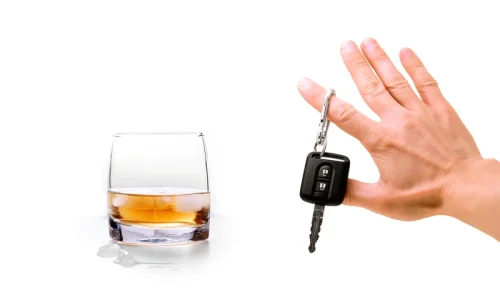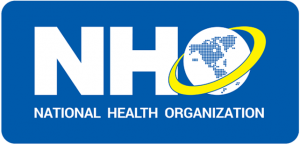
Often, it’s your support network that notices something is wrong long before you do, and they can get you the help you need or encourage you to do so yourself, should need be. Even if it’s just one or two people who really care, they could mean the difference between a second relapse or a life of fulfilling sobriety. Recognizing the early signs of relapse could help you prevent it in the future, and recognizing when you’ve started relapsing could mean getting help in time.
What is Alcoholic Relapse and What to Do After
Absolutely no-one finds recovery from substance addiction thinking the latter. A relapse provides a clear warning that either something is missing from your current process of recovery, or something that is part of that process is simply not working as it should do. Either way, a relapse is the clearest sign you could possibly see that action needs to be taken, and changes need to be made. And you still have what to do after a relapse a greater understanding of the nature of addiction and know the steps you need to take to sustain your recovery from here on out. If a specific scenario acted as the catalyst for relapse, determine what you could have done differently and apply that knowledge next time. For example, you can skip the party, bring a sober friend along, or reach out for support before attending to ensure you’re in a good place.
Develop a Relapse Prevention Plan
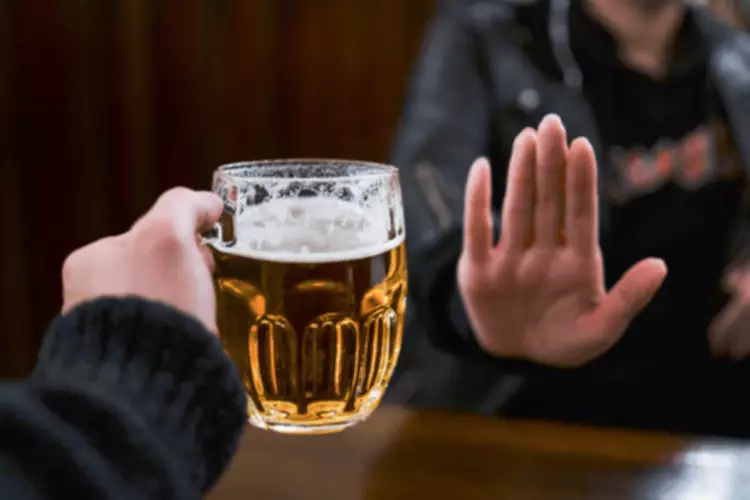
This repeated and constant practice will help carve new patterns in your behavior and thinking, which is what addiction recovery is ultimately about. The help of a strong support system such as friends, family, community members and a sponsor is very beneficial after a relapse. To fully address your relapse and get back on your path to recovery, however, you need professional addiction treatment. Nothing can replace the knowledge, care and individual recovery planning that a professional can provide. Your doctor or an addiction treatment center has treatments to control withdrawal symptoms.
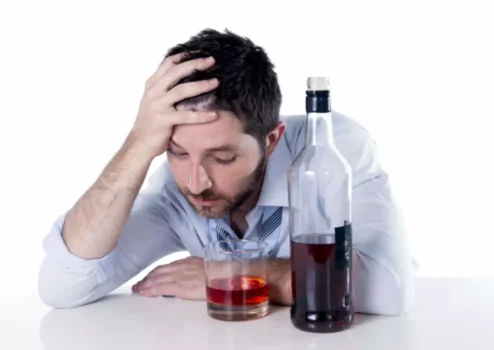
How to Prevent Relapse
Birthdays and other social events can also be triggers for people who celebrate with alcohol. People in this stage should learn to recognize and avoid high-risk situations. This includes birthdays and holidays when many people justify their substance use through mental bargaining.
STRUGGLING WITH A DRUG PROBLEM?
Rather, it is another step on your continuing path to recovery and a sign that you need additional support and help. Fully recovering from your addiction can be a long-term process that often needs several attempts at treatment due to the high rate of relapse. In fact, to look at it practically, a relapse is a clear indication that something more needs to happen, maybe a return to drug rehab or that the treatment strategy needs to be fundamentally adjusted in some way.
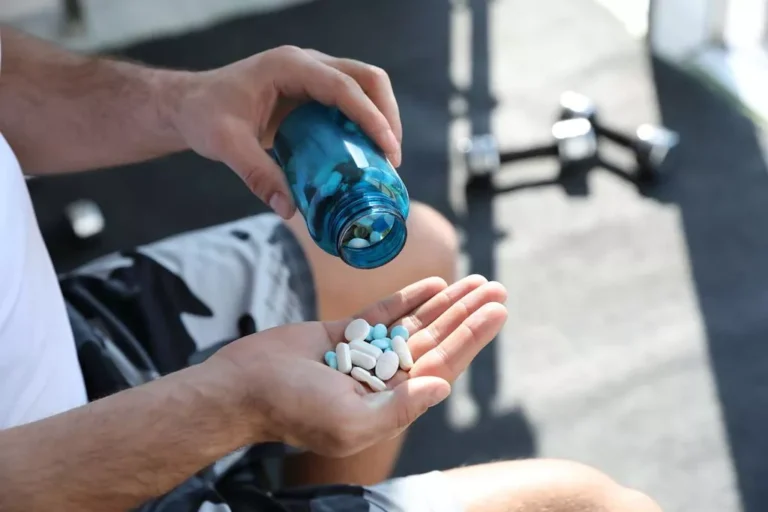
Types & Stages of Relapse
- Try speaking to an addiction counselor or sponsor who can help you to work through cravings and a desire to use.
- It is important that you recognize the reason(s) for your relapse, and make the necessary changes.
- Self-care is a critical component in maintaining long-term recovery from addiction.
- It’s also important to make sure we are getting enough sleep, eating healthily, and paying attention to our emotions.
Discussing the relapse can yield valuable advice on how to continue recovery without succumbing to the counterproductive feelings of shame or self-pity. Among the most important coping skills needed are strategies of distraction that can be quickly engaged when cravings occur. Mindfulness training, https://ecosoberhouse.com/ for example, can modify the neural mechanisms of craving and open pathways for executive control over them. There is an important distinction to be made between a lapse, or slipup, and a relapse. The distinction is critical to make because it influences how people handle their behavior.
Research shows that social support indicates long-term success, while peer pressure and unsupportive relationships can lead to relapse. Getting through the holidays while maintaining recovery, especially for people newer to this life-changing process, is an accomplishment worthy of celebration in its own right. Addictive behaviors create a difficult-to-break cycle of shame that creates further shame unless explored in a way that allows learning to take place.
- Participating in support groups like SMART Recovery can provide a sense of community and shared experience, which is vital for those in recovery.
- Recovery is a developmental process and relapse is a risk before a person has acquired a suite of strategies for coping not just with cravings but life stresses and established new and rewarding daily routines.
- Addiction, by its very definition, is a chronic and relapsing condition.
- Good treatment programs recognize the relapse process and teach people workable exit strategies from such experiences.
I prefer to use the term “set back” when I get sucked back into the Black Hole — bam! — stuck inside a brain that covets relief, any form of relief, and will do just about anything to get it. Going to a meeting and sharing your experience with others in recovery can help you remember that you are not alone. Sharing can help you create a connection with others and can bring a boost of confidence, knowing that if others have gotten back on track, you can, too.

Get Professional Addiction Recovery Help
